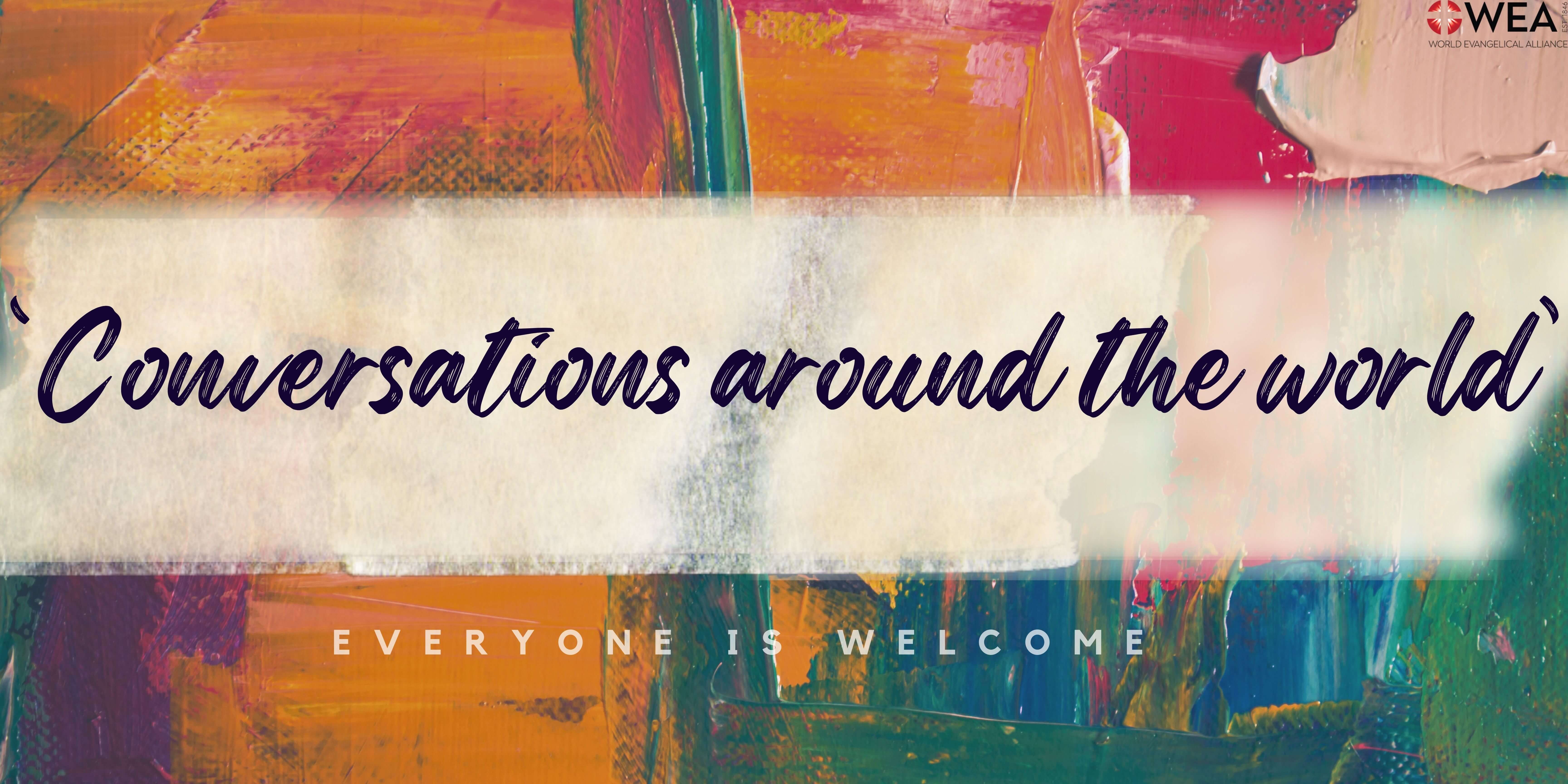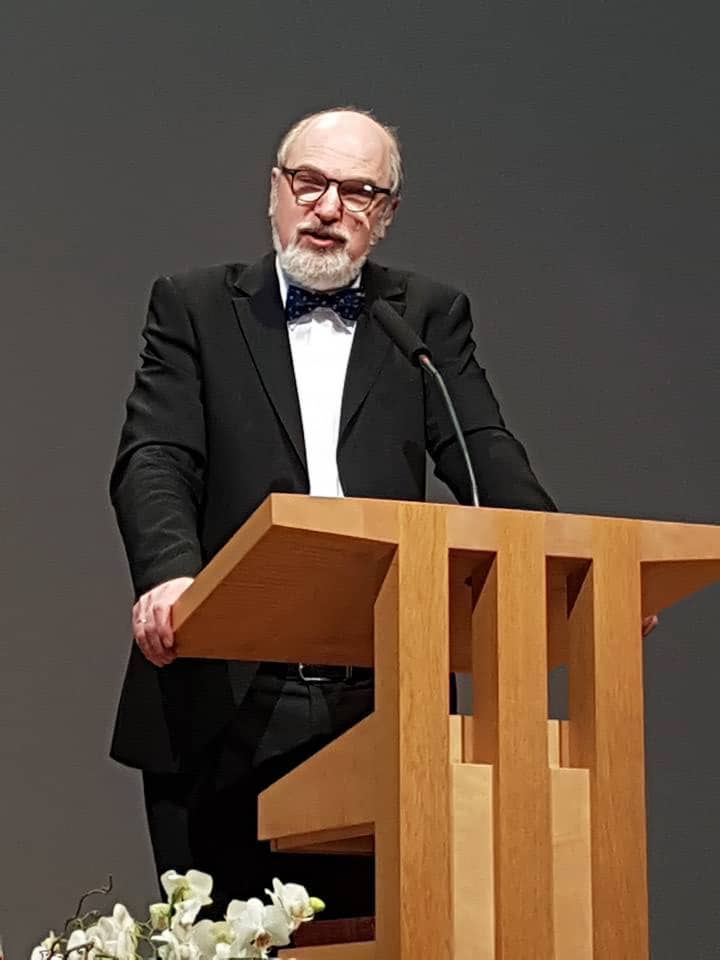As part of its continuous engagement at the United Nations, the World Evangelical Alliance submits Universal Periodic Reviews (UPRs) which monitor the human rights record of all UN member states. The most recent UPRs were submitted for Switzerland and India, presenting each country’s accomplishments but also highlighting areas of shortcomings. Michael Mutzner, WEA’s permanent representative to the UN in Geneva, speaks about the WEA’s role at the UN Human Rights Council and its efforts to “contribute to positive change on the ground” and “to be peacemakers”.
What is the purpose of a UPR and what does it speak about?
UPR is an abbreviation for “Universal Periodic Review”. The UPR is a recent and unique mechanism that reviews the human rights record of all the 193 UN Member States without any exception, during a four year cycle. It is conducted by the States, in the UN Human Rights Council in Geneva.
Its purpose is the improvement of the human rights situation on the ground: the right to life, freedom from torture, freedom of expression, freedom of conscience and religion, right to food, right to education, etc. Concrete recommendations are made and important issues that might otherwise remain unnoticed are brought to the international attention. Unjust laws and conducts are denounced, best practices and positive developments are underscored and situations where people need special protection are highlighted. This mechanism eventually encourages States to commit publicly to improve their record and to implement those commitments. There are also regular opportunities to ask the States to report about follow-up to the recommendations made during the review.
The review process is based on several sources, including NGO (Nongovernmental Organization) reports. This is of course a key source of information, because if the UPR was based on States’ reports only, it would lose a lot of its value. WEA is recognised as an NGO at the UN and is submitting reports in this capacity.
Who is writing the UPRs for the WEA and what are the sources of its information?
The reports are written in collaboration with our regional or local constituencies. National alliances are our first partners: they are the ones who know which issues need to get increased attention through an international report, in order to achieve positive change. They are the ones who decide what the content of the report is going to be and they can rely on their network of member organizations present at grassroots level and who have first-hand information.
For which countries were the the latest reports submitted and what was their focus?
Our objective is to submit around three to four reports every year. Last year, we started with a report on India focusing on the anti-conversion laws. We hope that during the review, several States will recommend to India to repel those laws violating freedom of religion. India will be reviewed on May 24. The process can be followed live on the UN webcast (2.30pm – 6.00pm, Geneva time).
Though several of our reports focus on freedom of religion, we also raise other issues. Recently, we submitted a report on human trafficking in Switzerland, presenting accomplishments made by the Swiss authorities during the last years but also highlighting the shortcomings, such as the fact that in Switzerland, prostitution for boys and girls aged between 16 to 18 years is still not forbidden and that punishments for convicted traffickers are too mild.
Who reads those reports and what is their potential for actual impact in the country?
The report is part of the official basis that will serve for the UPR. As mentioned before, NGO reports are a key source of information for the Review, and the State delegations often relay the concerns highlighted by NGOs in their statements and in their recommendations to the State under review. Our job is to convince State delegations of the importance of the issue we are raising, in order for them to mention those points during the Review. These reports can also be used to bring public and media attention on an issue.
How does the WEA’s engagement at the Human Rights Council in Geneva fit into the greater picture of WEA’s mission?
WEA wants to serve its constituencies by giving them an opportunity to bring international attention to issues that are important to them. Participating in the UPR can also lead to new opportunities. Some alliances will get a chance to engage in a dialogue with their State authorities during the process. But above all, we want to contribute to positive change on the ground, for our constituencies and for vulnerable people in general. We want to be peacemakers.
Download the latest UPRs:
> Human Trafficking in Switzerland
> Religious Freedom in India
Read Related Articles:
> "India should abolish anti-conversion laws” several States said at the UN
> Representing An Evangelical Voice at the United Nations
> WEA Opens Advocacy Office in Geneva (July '06)
Sign up for WEA's bi-weekly e-Newsletter! Join WEA on Facebook!





Stay Connected